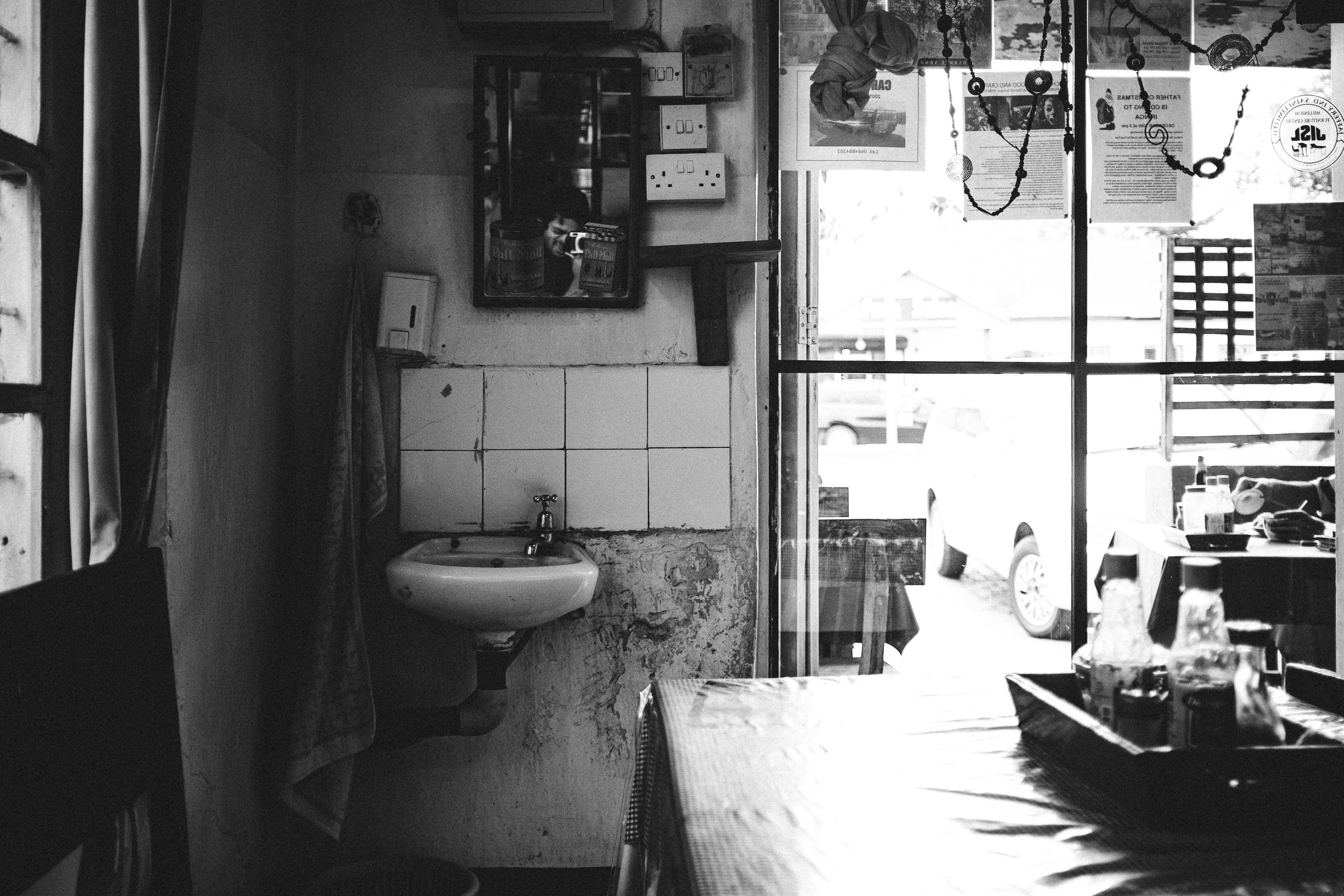While it’s heartbreaking to realize that the time has come where your elderly parent is no longer capable of living alone, this moment comes in almost every adult child’s life. While making the decision about your parent’s continued care can be a hard one, it has to be done.
Deciding on whether they are going to live with you, whether you’re going to hire in-home health care to stay with them so that they can age in place, or if you’re going to begin searching for a skilled nursing facility in Woodstown, NJ for their long-term care should be decided as a whole family, not by just one family member.
However, the first thing you need to do is know the signs that your aging parent should no longer be allowed to live alone, for their own safety’s sake. Aging can be difficult, so your parents are not going to tell you that they shouldn’t be living alone anymore, in most cases. In this article, you’ll find a few signs that it’s time to make other living arrangements for the elderly parent you love.
The condition of their home has deteriorated.

Whether your parent is just physically unable to stay by themselves or they have Alzheimer’s and have developed Alzheimer’s brain, the condition of the house they live in is often your first sign that there’s a problem. Alzheimer’s affects the brain causing memory loss or dementia, changes in personality, and even making a patient forget how to do simple tasks. One of those tasks could be how to clean their own home, or even how to make the bed in the mornings.
If your parent was never one to pick up after themselves, then a dirty, cluttered house might not send up red flags for you. Even so, this mess will be more extreme than the ones you have seen in the past. If your parent had to have everything in its place and was once a very neat and tidy person, it will be easier to notice their cognitive decline. If trash is piling up, the dishes are staying in the sink, and the bathrooms are dirty, it’s time to make arrangements for their care.
They are losing weight for no concrete reason.

If you see that your parent is looking thinner than usual, and there’s no medical condition behind the change, it could be a sign that they need extra help at home. There are many reasons that older adults lose weight, but one of the main ones could be that they aren’t eating the way they should. It could also be a sign of a cognitive issue—they may not remember to eat. Many patients with Alzheimer’s disease forget to eat, especially in the later stages. If your parent is forgetting to eat, or doesn’t know if they ate or not, it may be time to look for long term care more seriously.
They are forgetting to pay their bills.

Forgetting to pay a bill occasionally is perfectly normal and happens to everyone. However, if your elderly parent is forgetting to pay the bills on a regular basis and things are getting shut off, it could be a sign that they no longer need to be living alone. If you see unpaid bills laying around the house it could be a sign that mom and dad just can’t keep up any longer, and other arrangements need to be made.
Make sure that you talk to your elderly parent about the signs above, and let them help you make the decision as to where they will go from here. It’s important to discuss just what long-term care is and the options that are before you.
These are just a few of the signs that your elderly parent is no longer capable of living alone. There are many options out there for long-term care, you just need to do your research to find the right one for your parent.












